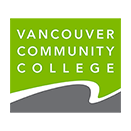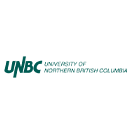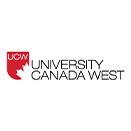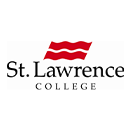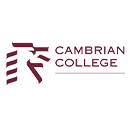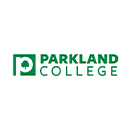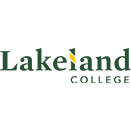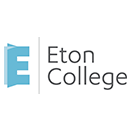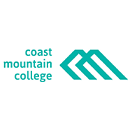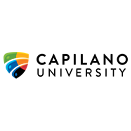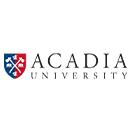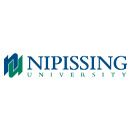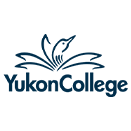Study in Canada
The Provinces/Territories
Canada has 10 provinces and three territories, each with its own capital city:
- Alberta
- British Columbia
- Manitoba
- New Brunswick
- Newfoundland
- Northwest Territories
- Nova Scotia
- Nunavut Ontario
- Prince Edward Island
- Québec
- Saskatchewan
- Yukon
Process flow for Canada Study Visa
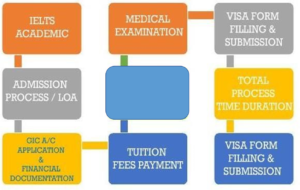
Work Prospects
- Full-time students registered in a degree or diploma-granting course are allowed to work on the campus of the institution at which they are registered without the need for an employment authorization. This includes on-campus employment for graduate, teaching or research assistants.
- Students whose intended employment forms an integral part of their course of study such as undergraduate co-op programs, some programs offered by career colleges or language schools and some high school programs
- The new Work Permit Program states that International students who have studied for 2 years can obtain an Open Work Permit with no restrictions on the type of employment and no requirements of a Job offer for 3 years and students who study a one year program are eligible for a one year Work Permit.
- The new Work Permit Program states that International students who have studied for 2 years can obtain an Open Work Permit with no restrictions on the type of employment and no requirements of a Job offer for 3 years and students who study a one year program are eligible for a one year Work Permit.
Why Study in Canada
- Qualifications valued around the world.
- Affordable education.
- Multicultural society.
- Healthy and safe communities.
- Possibility of paid internships while studying.
- Post-study work visa and good job opportunities after completion of studies.
Top Ranked University
- University of Toronto
- McGill University
- University of British Columbia
- University of Alberta
- McMaster University
- University of Montreal
- University of Waterloo
- University of Western Ontario
- University of Calgary Queens University
- Simon Fraser University
- Dalhousie University
- University of Ottawa.
WorkPerit for Students
Study permits will automatically authorize the holder to work on/off-campus for up to 20 hours per week during the academic session and full-time (i.e. 40 hours per week) during scheduled breaks without the need to apply for a separate work permit. The study permit holder should pursue academic, vocational or professional training of six months or more that leads to a degree, diploma or certificate at a Designated Learning Institution. Co-op & Internship Programmes: Many of the programs have inbuilt internships of one or two semesters which provide an opportunity for the student to get first-hand exposure and experience in an Industry relating to his or her area of study.
Post Study Work Visa
All international students who have graduated from a Canadian post-secondary institution are eligible for a Post Study Work Visa to gain valuable Canadian work experience. To be eligible for a Post Study Work Visa, international students.
- Should have studied full-time for at least eight months preceding the completion of their program and have graduated from a Designated Learning Institution.
- Must have completed and passed the program of study and received written notification that they are eligible to obtain their degree, diploma, or certificate.
- Must apply for a post-study work permit within 180 days of receiving written confirmation by way of final mark sheets from their academic institution.
- The Post Study Work Visa provides no restrictions on the type of employment and requirement of a job offer.
Best Colleges in Canada
